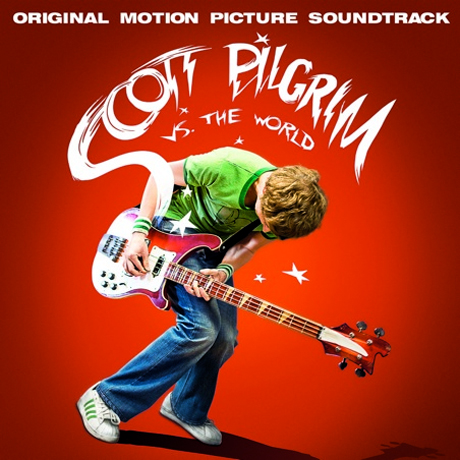
By the book: “Thought rock” practitioners Parlour Steps show off their cerebral side.
Credit: supplied
Parlour Steps move up to the next level
A few weeks ago, music-merchandise website DizzyJam.com released a survey confirming the worst-kept secret in music: Less than five per cent of independent musicians earn a living from their craft. Vancouver indie-rock group Parlour Steps is familiar with this reality. But finally, after five years, the quintet seems to be breaking out in a bigger way. Singer-songwriter Caleb Stull spoke with WE about Parlour Steps’ busy summer, which includes headlining local literary arts magazine OCW’s (formerly One Cool Word) relaunch party, winning a spot in the top 20 of the Peak Performance Project band competition, and scoring a coveted slot at Seattle’s Bumbershoot festival.
You once described the band as “thought rock.” Does that still apply?
Stull: It’s funny how we evolved with that one. I still write from a thoughtful, somewhat cerebral place, but I would venture to say our music is becoming less so. The grooves we try and incorporate — the dance numbers and ass-shakers — speak more to a love of moving the body and less to the intellect.
What’s the reality — both good and bad — of being an indie band in Vancouver?
Most of the good is everything that doesn’t have to do with the industry — namely, living in a clean, beautiful, mostly safe and healthy place, and having that inform the music. Also, this city has produced some amazing music; it’s been so inspiring to witness some of our hometown contemporaries getting some wider attention. The challenges are numerous, however. Geographical reality makes playing other, larger markets expensive and travel-intensive. Plus, our scene, through no fault of those in it, is lacking something... I know it’s a tiresome default to compare ourselves to other cities, but I always come home from Montreal, Toronto or Portland, say, and feel like there’s so much more we could be doing here.
What does being in the Peak Performance Project’s Top 20 means for the band?
Well, besides a chance at some very helpful dollars, it presents an unprecedented opportunity to cultivate one of the ingredients we may be missing here, as mentioned above, in creating community. There’ll be a lot of collaboration, plus some great cross-pollination of ideas and new ways of approaching this rapidly mutating industry... Along the way, we’ll learn a few things, make some videos, and rock the hell out!
You just filmed a music video on July 17, on the corner of Hemlock and West 8th, for “Sleeping City.” How’d it go?
The video shoot was a whirlwind — a sheer blast of creative, DIY craziness. We did it all guerrilla style, sometimes taking over an entire street to get a shot. We spend most of the video on bicycles, so traffic was an issue. We had to stop it sometimes to get our shot. We had no safety cones or vests or any sort of authority. We just got in the way of the cars, filmed a scene, and then left.
You’re playing the OCW re-launch. What motivated you to be a part of that event?
I like reading and writing a lot, and want to support any efforts on the part of younger, less mainstream, more risk-taking publishers to establish some sort of alternative literary scene here. I think the challenges in publishing in Vancouver parallel the music world in many respects.
Parlour Steps headlines the OCW relaunch party Friday, July 23, at the Rickshaw Theatre, 7:30pm. Tickets $15 (includes a subscription to OCW) from BrownPaperTickets.com.










